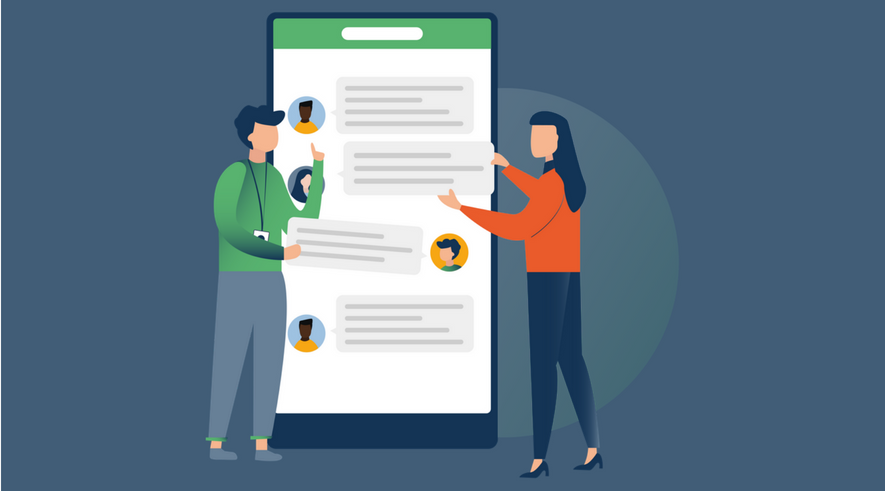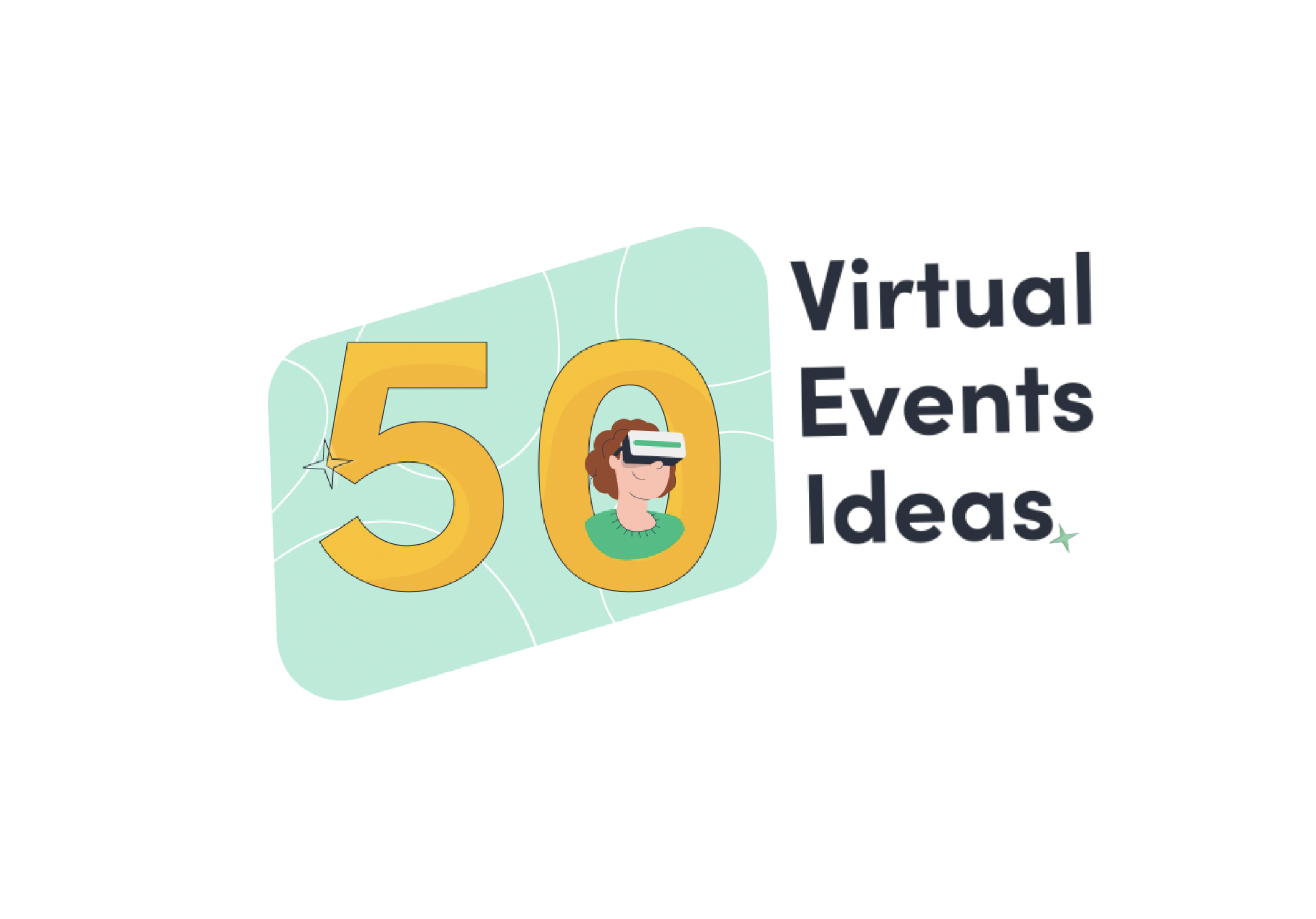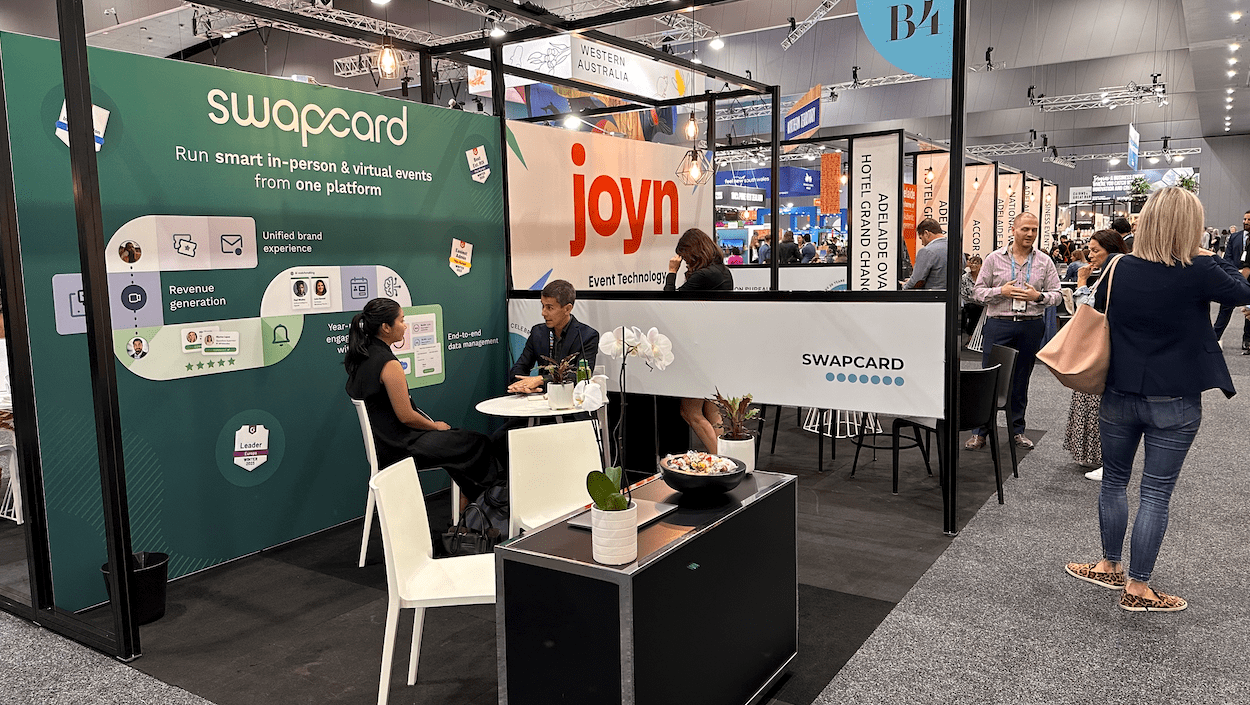Facilitating a workshop is one of those things that people assume is easy.
How hard can it be to get a room full of people to talk, right?
Wrong.
Group facilitation is a complex task. Facilitating well is even harder.
Applying workshop group facilitation best practices means, first and foremost, awareness. You need to have the ability and will to hear the people in your group, care about their goals, strengths, and weaknesses and sense the tone of the room. This is a skill that can often only be learned with much practice. Thus, you shouldn’t expect too much too soon.
Nonetheless, some planning and practice in advance can make your workshops something that will have your attendees continue the discussion out the door.
Here are some simple pointers that you can use when leading your workshops. You can also share these tips with your facilitators if they are unsure of themselves or need an inspirational pick me up.
Want to see this blog as a LinkedIn SlideShare? Follow this link.
Ask yourself, why is this a workshop and not a lecture or a speech?
A workshop is not just a small lecture, that’s the first thing to get out of the way. People go to conferences or attend speeches to get specific information from someone with an interesting, cutting edge take on their field.
People go to workshops to share experiences, analysis, and ideas. Workshops are a far more collaborative experience, that aims to crowdsource new insights on an issue.
Workshops are also a much more social experience than lectures. Attendees may often benefit from the former as a networking experience. It’s vital that you use your skills and position as host to make that happen.
What if only a few people participate?
An issue which often arises in workshops is that some people speak a lot. Then you have the others who stay silent. The biggest issue here is that everyone is convinced that this is a problem. In fact, there are those who are more extroverted or opinionated in a group and those less comfortable with public speaking. That’s just life.
Still, it’s good to get as many voices heard as it livens up the discussion and boosts people’s sense of self-worth.
A lot of people will pose questions to individual workshop participants to resolve this issue. This might be one way to go about it. Then again, if you look around your group and everyone seems engaged there’s no need to force the silent types to talk.
If, on the other hand, your workshop has descended into a personal conversation between two or three attendees with big opinions (and mouths!), you need to take control.
Your role in group facilitation isn’t to make the maximum number of people talk. It’s to make sure your group covers a sufficient variety of topics in an interesting way. That’s engagement 101.
Now split off into pairs…
I get it, it’s an obvious and easy way to make people talk to each other, and it gives the workshop facilitator a break from talking blah-blah for a few minutes. Splitting people into pairs, in my experience, can be a recipe for an awkward small talk which does little in the way of getting introverts to network.
A far better option is to split people into groups of three or even four. By spreading the burden of conversation across a wider number of participants, you reduce the risk of strange silences. The upshot: it is more likely that your mini groups will have better discussions.
Set each group a particular question or topic to discuss to keep them focused and follow strict time limits on how long they talk. Given that your average workshop is at most two hours long, you should dedicate no more than 10 minutes for the groups to discuss each topic.
Diffusing tense discussions
Some people approach workshops as if they’re akin to a wedding reception. By that, I don’t mean wearing evening gowns and bow ties to a midday gathering (though why not indeed?). The issue is that politics and religion are, more often than not, avoided like the plague.
Depending on your event and the topic of the workshop, this might be hard to do - and not so useful, either. Group facilitation means you have to be able to deal with conflict as well as with discussion. The secret is to allow for an animated discussion, even if it gets feisty, without unleashing an all-out war between the loudest people in the room.
Solution? Set clear boundaries around civility and tolerance at the start of your event and make sure you are ready and willing to enforce those limits. Calmly and firmly stating that the group is moving on to the next subject is enough to resolve most immediate tensions.
Make sure attendees know they can come to you afterward if a discussion made them uncomfortable.
When trying to diffuse a discussion, make sure to stay impersonal. Disagreements are often inevitable; insults are not. Make sure not to be sarcastic or overly hostile in your approach.
Improving your Workshop
So your workshop is done and dusted, how do you make sure you can adjust it for next time? A feedback form is the obvious first step, but make sure you’re asking the right questions. People have a limited attention span so stay specific.
Try to ask which topics people enjoyed or didn’t and if they have any pointers for how the workshop might be improved. Where possible, catch up with your workshop attendees later to ask their opinions on how it went.
People might be more likely to explain in person rather than writing a paragraph-long comment. If you have a friend or colleague with more experience facilitating workshops, try to invite them to your group. Their thoughts on how it went could make a difference.
Conclusion
A good workshop facilitator is hard to find, but it’s worth your effort. Workshops are a great opportunity for event attendees to share experiences, ideas, and network. Make them an essential part of any of your events and get ready to see your crowd of people growing into a community.


-1.png)







